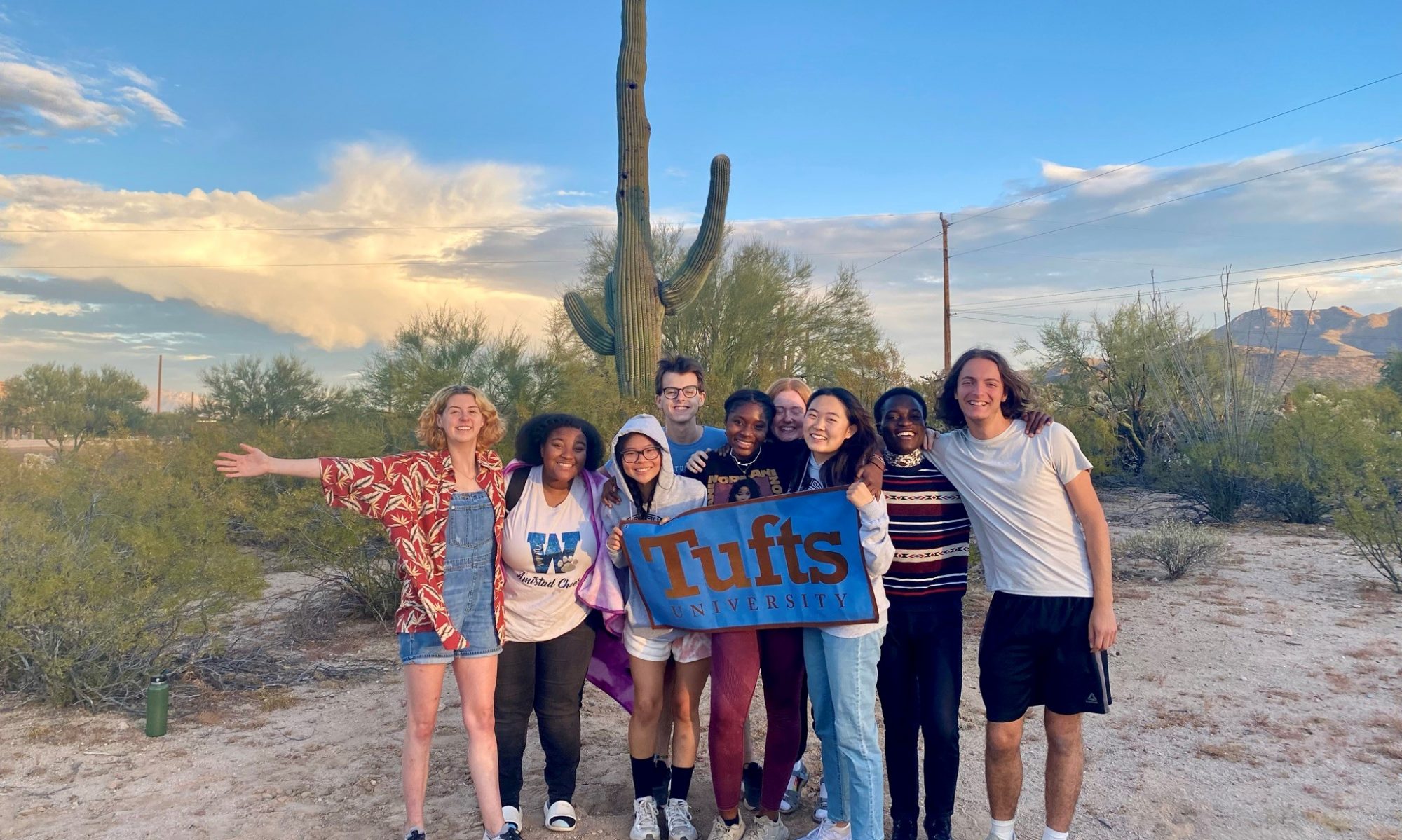
by Elizabeth, Tufts 1+4 Participant
- An unquenchable love for rice and reggaeton. You will eat rice at least twice a day and Mi Gente will be playing in the background. It’s inevitable.
- Your favorite American food. Be it pancake mix, chocolate chips, or peanut butter, I guarantee that even if they have it here it will be different and very expensive. Not much here has made me cry but the birthday PB&J from Audrey definitely makes the list. But don’t worry – in moments of weakness, there are still places where you can order nutella waffles in English.
- Patience and flexibility. The need for these is indirectly linked to your Spanish level. The less Spanish you understand, the more you must be able to adapt to spontaneous trips to visit abuelos or amigos. No matter how fluent you think you are, you won’t know what is going on most of the time and that’s okay!
- A willingness to be laughed at and corrected by small children. Or children of any age. It may be humiliating and annoying, but they are the best teachers. My four year old host sister made me re-read a picture book to her until I pronounced everything right, and now I can accurately recount the name of any small insect under the sun.
- Very strong chapstick. 8,200 feet is no joke.
- Very strong sunscreen. 8,200 feet is no joke.
- A flexible definition of success. This experience has definitely taught me to appreciate the small victories: finding my bus stop without getting lost, Spanish conversations where the other person doesn’t immediately ask where I’m from, scheduling and leading a meeting at work, refilling my bus card, and catching on video the time my four year old host sister told me she loved me.
- All of your loose change! You can get a whole lot of pan with just a few dollars in coins.
- A large and indestructible journal. Mine is my most treasured possession because it contains almost all of my memories from my trip so far, but most of the pages have fallen out at some point or another. A good notebook is well worth the investment.
- ¡Un mapa! I lost my iPhone, so my poor ripped and re-taped map is my lifeline and I literally don’t know where I would be without it.
- An appreciation for both words and silence. Since living and working in a foreign language, I am constantly thinking about what to say. I conjugate verbs on the bus in anticipation of every possible interaction during the day, and I frequently write useful words and phrases on my hand to remember. Because of this, any opportunity for silence is incredibly welcome. I am typically chatty and prefer conversation to silence, but here, even casual dinnertime gossip takes enormous amounts of concentration. Moments of comfortable silence can offer a much needed respite that I don’t think I previously understood.
- A sense of humor. You absolutely cannot take yourself too seriously in a country where you understand none of what is going on the majority of the time. As our beloved in-country staff would say, laugh so you don’t cry!












